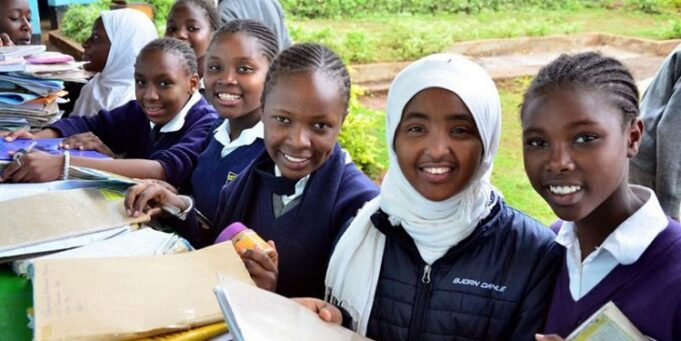Fate Of KCPE, Boarding Schools Revealed
KCPE examinations have been retained after intervention by Education Cs George Magoha. The learners will accumulate marks scored at internally at school level and also sit external exams administered by Kenya National Examinations Council (Knec) for the purposes of objectivity and certification.
Experts have it that doing away with KCPE and adopting pure school-based assessment would lead to biased scores by some teachers. It also emerged that learners graduating from Kenya’s education system may face obstacles when pursuing education in other countries if they did not sit a final examination at the end of primary education.
The CBC task force report has recommended a blend of school-based assessments and national examinations.
Read also
Kenyatta Forms a State Department For CBC Implementation
TSC Promotion Interview Lists 2021, Dates and Venues Per county
Score Sheet For TSC Job Group Promotion Interviews 2021
TSC Interview Questions and Answers-For Promotion To Job groups C4, C5, D1, D2, D3, D4, D5
More TSC Interview Questions and Answers-For Promotion To Job groups C4, C5, D1, D2, D3, D4, D5
Under the new plan, teachers will conduct classroom assessments for Grades 1 to 3. At Grade 3, learners will sit a standardized school test, which will be scored by teachers and feedback will be given to learners by tutors in their respective schools.
However, schools will submit the results for each learner to KNEC to facilitate analysis of achievement of competencies at national level.
The Knec report generated will be sent back to schools to guide teachers who will receive Grade 3 learners transitioning to Grade 4.
The report recommends school-based assessments for Grade 4, 5 and 6 learners with an annual weighted mark of 20 per cent. The annual marks recorded by teachers will be sent to Knec and will form part of final marks at the end of primary school.
National examinations, which will be administered by Knec at the end of Grade 6, will only constitute 40 per cent.
“There was fear that some schools may tamper with internal scores to project schools as high performers. But the external marks by Knec will standardise the scores and also bring in element of objectivity,” said a task force member.
At the end of primary school, all learners will transit to Junior Secondary School, learners will also be subjected to formative and summative tests at the end of the cycle.
“The Junior Secondary School assessment will facilitate placement in Senior Secondary School Pathways and Tracks, while the Senior Secondary School assessment will facilitate transition into Tertiary and University Education and Training,” reads the report.
All the secondary schools will host Junior Secondary Schools, most of which will be day schools. Senior Secondary School learners will have the opportunity to do dual certification by enrolling for TVET qualifications, depending on their abilities and career interests.




